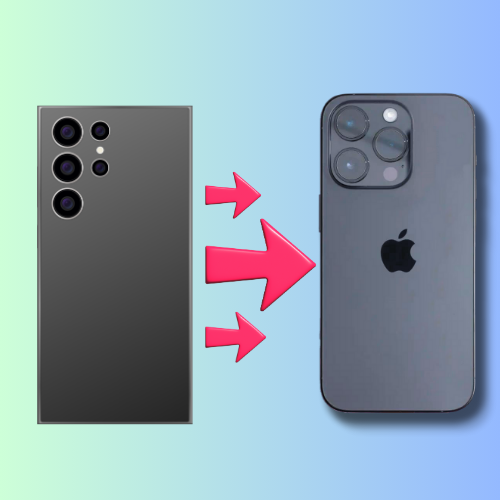
In the ever-evolving landscape of technology, switching between operating systems is a significant decision. For many Android users, transitioning to Apple’s ecosystem can feel daunting, but it may be worth the leap for those seeking integration, security and premium performance.
One of the biggest draws to Apple is its coherent ecosystem. The seamless synchronization between devices, such as iPhones, iPads, MacBooks and Apple Watches is unmatched. Features like AirDrop, iCloud and Handoff ensure users can effortlessly transition their work and media across devices. For example, a consumer can start an email on their iPhone and finish it on their MacBook without missing a beat. This level of connectivity is harder to achieve on Android devices for which multiple manufacturers and software customizations can create inconsistencies.
Security is another major selling point. Apple’s reputation has been built on privacy, with features including App Tracking Transparency and end-to-end encryption for iMessage and FaceTime. “At Apple, we believe privacy is a fundamental human right, and we design our products to minimize data collection and put users in control of their information,” the company stated. This focus has attracted users increasingly concerned about data breaches and intrusive advertising practices.
However, there are some downsides. Apple devices often come with higher price tags, and their ecosystem can be restrictive, lacking some of the customization options Android users have. “Apple products can be pretty pricey and aren’t always compatible with everything,” stated iPhone user Kyna Moffit.
In addition, transferring data from Android to Apple can be tricky, though Apple’s “Move to iOS” app simplifies the process. It helps users transfer contacts, messages, photos and more from an Android device to an iPhone with minimal hassle.
For those accustomed to Android’s diverse options, the switch to Apple can feel limiting. But for users prioritizing security, integration and streamlined user experiences, Apple offers a compelling alternative. “I do like Apple more than Android, simply because they sell products that are good quality and that do the jobs they were designed to do,” continued Moffit.
While the choice ultimately depends on personal preference, the growing number of switchers suggests Apple’s marketing resonates. Whether someone is a seasoned Android user or simply curious, Apple’s robust ecosystem continues to make the transition an enticing consideration.








